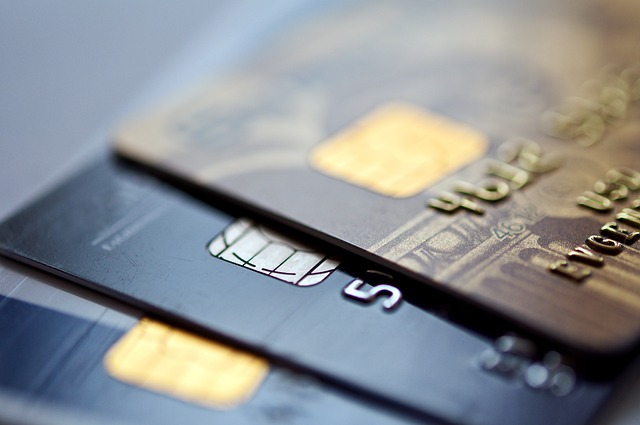Understanding the Benefits of Using a Credit Card Wisely
One of the main advantages of using a credit card is the financial flexibility it provides. Unlike cash or debit, credit cards enable users to make larger purchases without immediately impacting their bank balance. This can be beneficial when an unexpected expense arises, such as a car repair or medical bill. By using a credit card, individuals can spread the cost of these expenses over a month or longer, depending on their payment strategy. This flexibility can also help with budgeting, allowing individuals to allocate funds effectively without depleting their savings or checking accounts right away.

How Do Credit Cards Build Your Credit Score?
Using a credit card responsibly is one of the most effective ways to build your credit score. Regular payments and maintaining a low credit utilization ratio demonstrate financial responsibility to credit bureaus. Your payment history accounts for approximately 35% of your credit score, making consistent, on-time credit card payments crucial for establishing a positive credit profile.
What Security Features Do Credit Cards Offer?
Credit cards provide superior protection against fraud compared to cash or debit cards. Most credit card issuers offer zero liability for unauthorized charges and advanced security features like fraud alerts and chip technology. Additionally, when shopping online or traveling, credit cards often include purchase protection and insurance benefits that can safeguard your transactions.
What Rewards Can You Earn With Credit Cards?
Modern credit cards offer various reward programs, from cashback to travel miles. Typical rewards range from 1-5% cashback on purchases, while travel cards may offer points or miles that can be redeemed for flights, hotels, or other travel expenses. Some cards also provide welcome bonuses for new cardholders who meet initial spending requirements.
How Can Credit Cards Help With Emergency Expenses?
Credit cards can serve as a financial buffer during unexpected situations. While it’s important to maintain an emergency fund, having access to credit can provide peace of mind when dealing with urgent expenses. However, it’s crucial to have a repayment plan to avoid accumulating credit card debt that could lead to financial stress.
What Are the Best Practices for Managing Credit Card Debt?
To avoid credit card debt, always pay your full balance monthly whenever possible. If you need to consolidate credit card debt, consider balance transfer options with lower interest rates. Creating a budget and tracking expenses can help prevent overspending, while setting up automatic payments ensures you never miss a due date.
What Are the Current Credit Card Options and Costs?
| Card Type | Annual Fee Range | Typical APR Range | Key Benefits |
|---|---|---|---|
| Basic Cards | £0-£25 | 19.9%-24.9% | No frills, lower requirements |
| Rewards Cards | £25-£150 | 21.9%-29.9% | Cashback, points, travel rewards |
| Balance Transfer | £0-£50 | 0%-22.9% | 0% intro periods, debt consolidation |
| Premium Cards | £150+ | 23.9%-59.9% | Luxury perks, travel benefits |
Prices, rates, or cost estimates mentioned in this article are based on the latest available information but may change over time. Independent research is advised before making financial decisions.
Understanding credit cards’ benefits while being aware of their costs helps create a balanced approach to credit use. When used strategically, credit cards can be valuable financial tools that provide convenience, security, and rewards while helping build a strong credit profile. The key is maintaining discipline with spending and consistently making payments on time to avoid the pitfalls of credit card debt.




